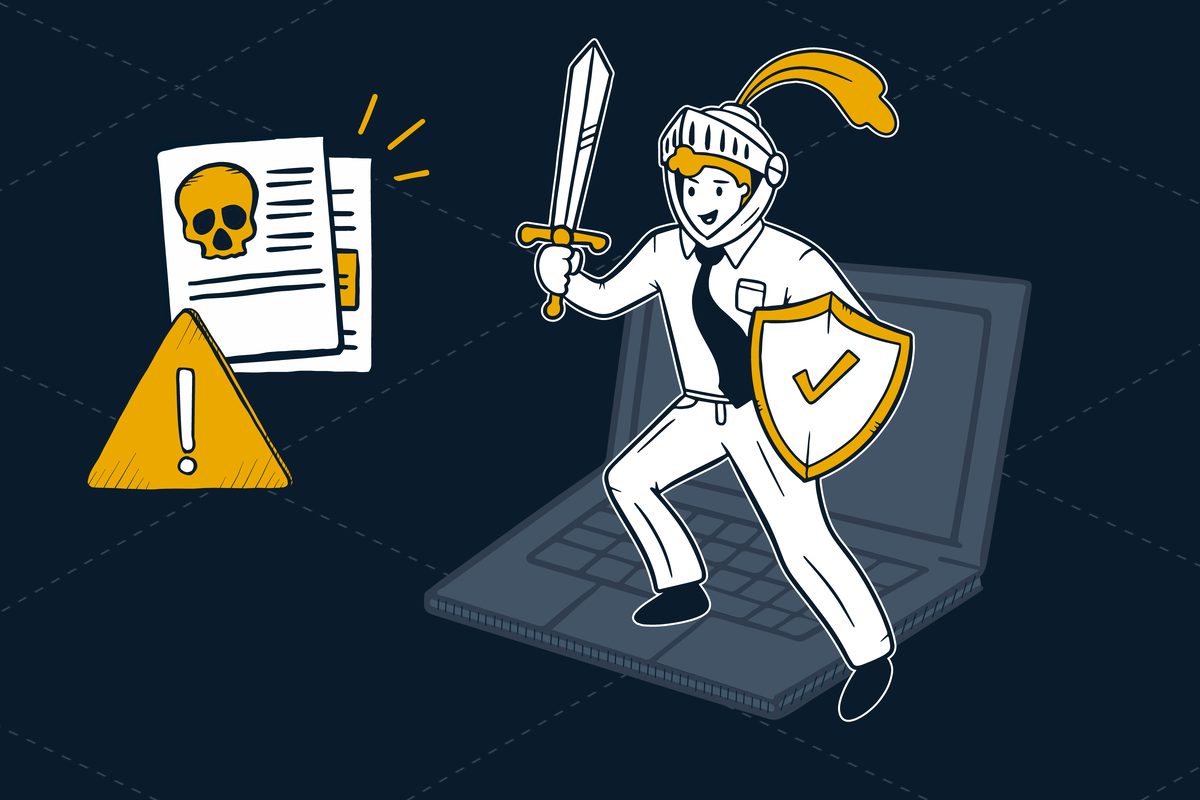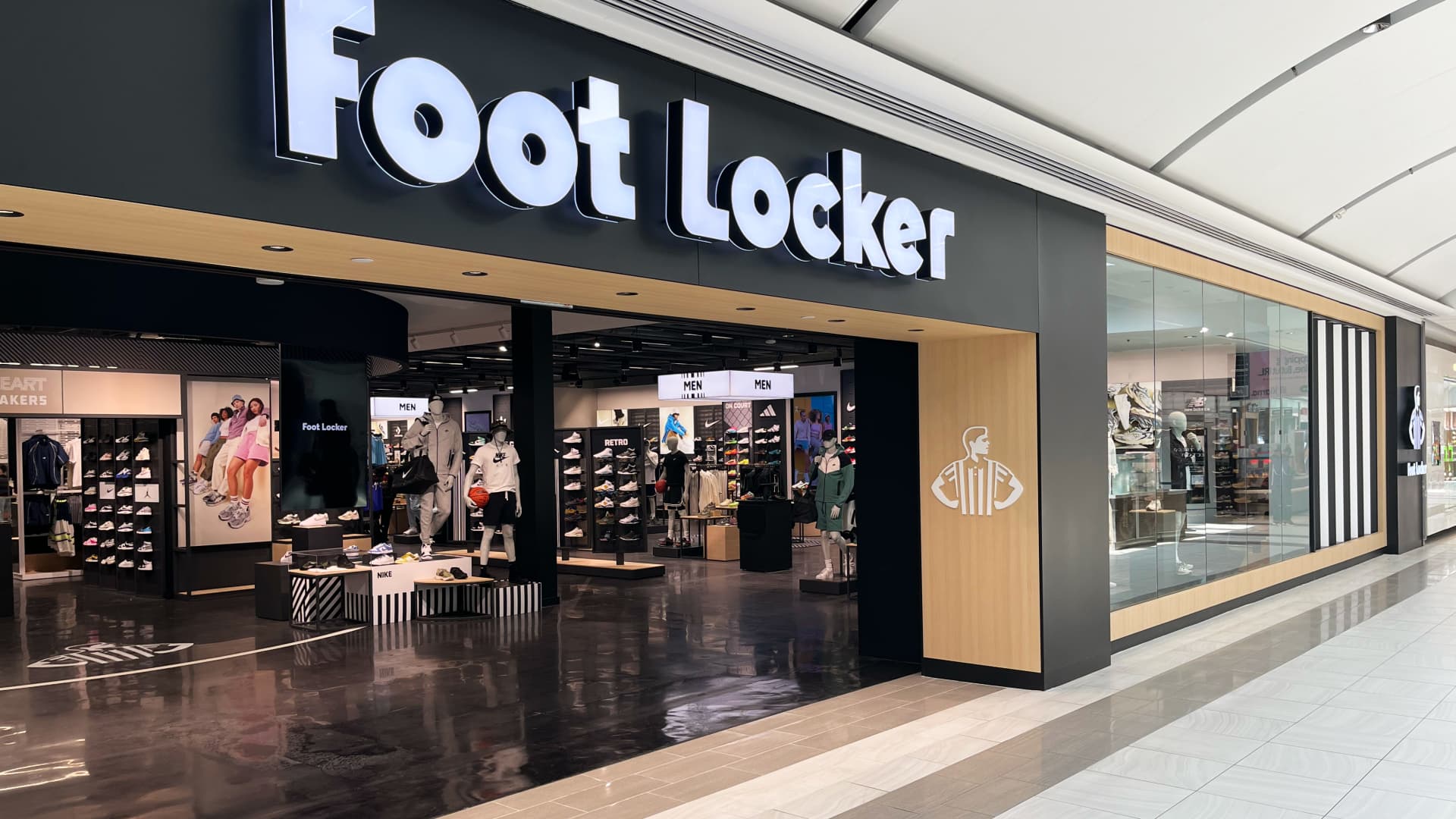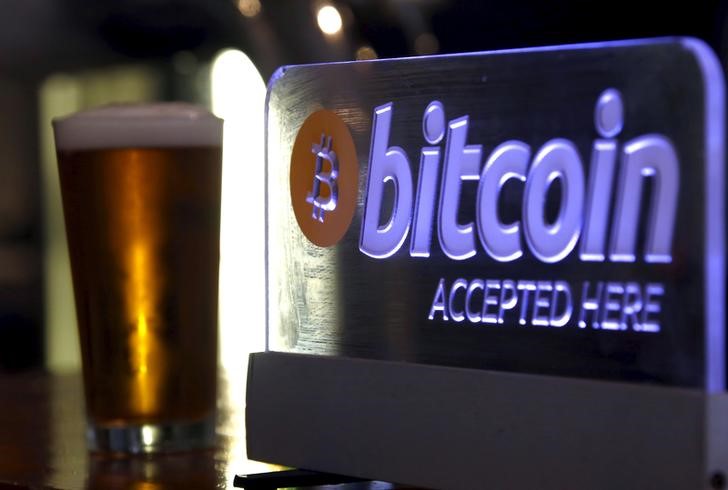ScalePad is a Business Reporter client
Another day goes by and news of another large-scale cyberattack hits the headlines. By now, it’s almost routine. While data breaches from large corporations get the attention, the reality is that small businesses are at greater risk and are targeted more often than large organizations.
When it comes to the current state of cybersecurity, the areas most at risk are small and medium-sized business (SMB) markets. More than 90 percent of breaches affected SMEs and 46 percent of ransomware attacks in 2023 resulted in losses of between $1 million and $10 milliona hard blow for small businesses.
Despite news reports of attacks on large corporations with big IT budgets to help protect them, many SMBs have a “it will never happen to me” mentality. Unfortunately, that way of thinking is a trap.
Cyber threats to small businesses often don't receive media coverage because they are less visible. In 2021, 61 percent of SMEs were targeted by a cyberattackA UK study showed that 60 percent of small businesses will close within six months of an attack.
In response to the growing threat to SMBs, government agencies in the US, UK, EU, Canada, Australia and other countries, along with industry regulators, are implementing stricter cybercrime protection standards.
These stricter standards drive the need for SMEs to incorporate governance, risk management and compliance (GRC) into their businesses.
Cybersecurity for SMEs
Enterprise organizations have been using robust GRC frameworks to maintain security and operations for decades. GRC helps companies meet the cybersecurity requirements of governments and industries around the world.
These industry frameworks are more than just a list of best practices, but concrete steps toward protecting against cybercrime that reduce the risk of breaches and data loss and implement standards for recovering from incidents.
Until recently, it was not common for smaller organizations to adopt GRC.
Whether it’s a small five-person company serving a highly regulated business, a local water or port authority managing infrastructure, or a school with just one IT person, large companies and governments see the same need to protect their suppliers through increased compliance requirements.
As compliance regulations advance, cybersecurity for SMBs is becoming a requirement, and GRC adoption is necessary to meet new security standards when working with industries such as healthcare and finance.
Small businesses need to embrace GRC
When large organisations like Boeing are attacked, the news hits the headlines. But those behind the cyberattacks have shifted their attention to smaller suppliers that make up a large part of supply chains. Now, five employees working with Boeing on a government defence contract are at risk.
Boeing and more than 200,000 other organizations of all sizes work with the U.S. Department of Defense (DoD) and comply with the country's Cybersecurity Maturity Model Certification (CMMC). Now, CMMC has been expanded and updated improve requirements and processes so that SMEs and subcontractors working with the Department of Defense can comply with the standard.
This is just one example of how SMEs, both those operating in the sector and those not, benefit substantially from the adoption of GRC. This will help them achieve and maintain compliance with frameworks such as: NIST, CIS, ISO, SOC 2 and more.
Compliance with security frameworks will help organizations implement backup and recovery policies, information security controls, and incident response. These best practices help improve security posture, thereby reducing risk and liability.
How do SMEs approach compliance and governance?
Cybersecurity and IT services are in high demand in the midmarket, but that space is high risk and low resource, making it difficult to hire people for the job. Cyber Search reports that there are approximately 500,000 job openings for cybersecurity-related positions, and filling these positions takes 21 percent longer than filling comparable IT positions.
That's why companies turn to their existing IT support, either internal or a contracted IT managed services provider (MSP), to help them establish GRC.
In Scale padWe’ve seen this push play out in real time. The MSP industry is stepping up to answer the call to protect the industries in need, protect their customers, and implement GRC.
ScalePad MSP Trends Report 2024 The data showed that MSPs have invested in compliance-as-a-service to better protect their clients and win new business. Cybersecurity is the second biggest concern for MSPs, with cybersecurity services ranking second in importance in 2023 and 2024.
MSPs that offer compliance as a service help many small businesses improve their security and stay viable while meeting new and changing government and industry requirements.
Governments have recognized this need and are stepping in to provide support to small businesses to improve security.
The White House 2024 Report on the United States' Cybersecurity Posture The study reveals that ransomware groups are targeting schools, hospitals and other organizations that are less able to defend themselves. The good news is that they have made resources and funding available to help.
One such funding opportunity is the Federal Communications Commission's (FCC) recent program for schools. The FCC recently adopted a three-year pilot program to provide $200 million for cybersecurity services and equipment for schools and libraries.
GRC is the future of security for small businesses
The MSP industry has matured rapidly, but we believe we are still in the early stages of the cybersecurity push for SMBs. More regulations from governments and industries are coming, and companies that meet those standards are doing so through compliance-as-a-service and GRC tools.
This is the beginning of a momentum that will develop dramatically over the next 10 years, and ScalePad is increasing its ability to meet the needs of IT professionals protecting their businesses through our security and compliance platform. Control map.
From large corporations that have to comply with dozens of security frameworks to small operations just beginning their security journey, opportunities to be proactive about security are now a priority for everyone.You can download the infographic The Future of GRC here.
By Dan Fox, Head of Cybersecurity at ScalePad and Evan Pappas, Content Writer at ScalePad









